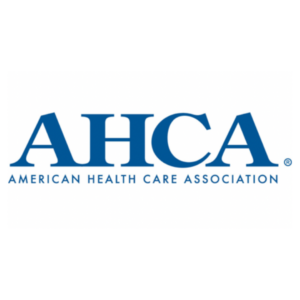Provider groups: GOP spending bill would mean more SNF Medicare reductions
Editor’s note: Article updated December 14, 2011, to account for House passing the Middle Class Tax Relief and Job Creation Act of 2011.
Provider associations have decried a provision within the GOP’s latest spending bill, introduced last Friday and passed by the House on Wednesday, which would phase-down federal reimbursement for $10.6 billion worth of bad debt owed to hospitals and skilled nursing facilities over three years.
The bill is currently stalled in the Senate, where the Democratic majority is expected to reject it. President Obama has also vowed to veto the bill if it receives Senate approval.
In a legislative action alert to its members earlier this week, the American Health Care Association noted that while the Middle Class Tax Relief and Job Creation Act of 2011 extends the therapy caps exception process and provides the Medicare “doc fix” to scheduled cuts on physician reimbursement—provisions AHCA supports—the bill does so by using “skilled nursing centers, as well as other providers, as a pay-for.”
“Based on 2009 data, the full impact of this cut to the sector will be around $500 million a year, when fully implemented in 2015,” according to AHCA. “Sector wide that is equivalent to about a 1.6 percent cut in Medicare rates.”
However, AHCA noted that some states would be hit disproportionately harder than others, resulting in a much larger cut than 1.6 percent. (Click here for AHCA’s Preliminary Estimated Impact on SNF Medicare Bad Debt Reimbursement by state.)
The Alliance for Quality Nursing Home Care said in a statement that as much as 85 percent of the Medicare bad debt SNFs report is due to state Medicaid programs not paying co-pays and deductibles for dual eligibles.
“Lawmakers argue that providers should do a better job of collecting bad debt from responsible payers,” Alliance President Alan. G. Rosenbloom said. “However, providers cannot collect bad debt from state Medicaid programs because federal law allows states to avoid such payments if they choose.”
Rosenbloom said bad debt for dual eligibles “is truly uncollectable” and Medicare therefore allows 100 percent of that bad debt to be reimbursed.
I Advance Senior Care is the industry-leading source for practical, in-depth, business-building, and resident care information for owners, executives, administrators, and directors of nursing at assisted living communities, skilled nursing facilities, post-acute facilities, and continuing care retirement communities. The I Advance Senior Care editorial team and industry experts provide market analysis, strategic direction, policy commentary, clinical best-practices, business management, and technology breakthroughs.
I Advance Senior Care is part of the Institute for the Advancement of Senior Care and published by Plain-English Health Care.
Related Articles
Topics: Medicare/Medicaid











